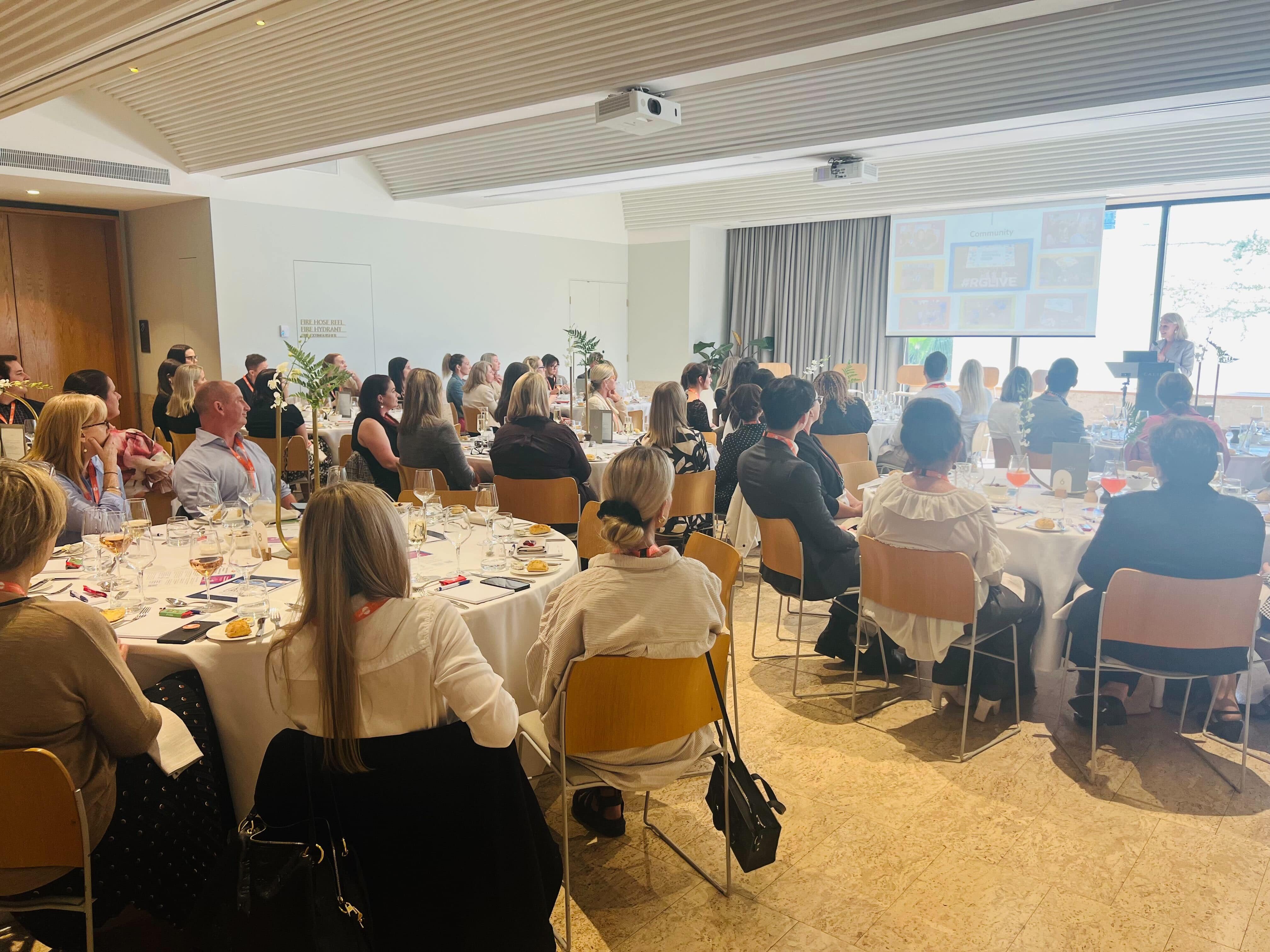With Generation Z set to account for 23% of the global workforce within the next two years, employers are evolving to keep on the right side of the war for talent, exploring the expectations, drivers and motivators of the Gen Z workforce.
Generation Z consists of people born between 1997 and 2012, and they're set to represent 39% of the world’s population by 2025.
Unlike their Millennial, Generation X and Baby Boomer colleagues, Gen Zers expect more than just a steady payslip and respectable annual leave allowance from their employer. According to Deloitte, Gen Z places far less value on salary than any other generation.
On top of this, they grew up in a technologically enabled environment with global content and information readily available and therefore expect their employers to be progressive, responsible and flexible. Gen Z employees prioritise self-expression over corporate identity, and are not afraid to speak up – or quit – when they feel out of alignment with their company’s values or behaviour.
In exchange for productivity, Gen Z needs flexibility and trust. A study from Adobe found more than a quarter of Gen Z employees said their productivity peaks outside of traditional working hours, between 6pm and 3am, compared to just 13% of their Gen X colleagues and only 6% of Boomers.

How to motivate Gen Z
We’ve compiled four evidence-based and actionable pieces of advice on how to motivate Generation Z employees in the workplace.
Be clear on your values and purpose
Employers who want to win the hearts and minds of Gen Z must take action to be good global citizens, demonstrating their commitment to societal challenges like climate change and diversity and inclusion.
According to John Hopkins University, 77% of Gen Z employees feel it’s vital to work for a company with values that align with their own. They want to do meaningful work for a responsible organisation.
Our recent research in The Australian Talent & Engagement Report tells a similar story, with 59% of 18-24 year olds agreeing that working for a company that shares their values is more important than a 10% pay rise. This was the highest percentage of any age group, with the lowest being 37% for those aged 55 and over.
To motivate Generation Z, employers need to be clear on what they stand for and follow through on their commitments.

Offer flexibility and autonomy
Our research also found that 40% of Aussie Gen Z employees view flexible working as a must-have from an employer.
Additionally, the World Economic Forum found that 73% of Gen Zers want permanent flexible working alternatives that differ from the standard 40-hour, 9-5 pattern. This could include a 4-day work week, a more relaxed location policy or greater freedom of working hours.
One solution could be to provide employees with more autonomy around working patterns, which can lead to a more productive and motivated Gen Z workforce.
Prioritise mental wellbeing
Generation Z expects employers to take mental wellbeing seriously, and respect their lives outside of work.
They’ve witnessed the negative impacts that work-related stress and burnout have had on other generations, and are consequently more open to communicating mental health issues.
To motivate Gen Z, companies need to offer comprehensive employee wellbeing packages and promote a culture that prioritises mental health. They should also acknowledge the importance of making time and space for employees to pursue hobbies and interests outside of work, all of which contribute to overall wellbeing.
Invest in development and growth
Despite their commitment to self-expression, need for increased flexibility and desire to prioritise life outside of work, Gen Z employees need opportunities to grow and develop in order to feel motivated.
Their entrepreneurial mentality and competitive spirit means that Gen Zers will actively seek development opportunities and guidance from their leaders. They want to work for organisations that support their long-term career growth and value their contributions.
On top of investing in formal learning and development programs, mentoring programs offer an amazing opportunity for Gen Z employees to learn from more experienced leaders, and vice versa. These kinds of informal development programs are incredibly beneficial to the mentee, mentor and organisation overall.

What is WorkTok?
No discussion about Gen Z in the workplace would be complete without mention of the growing Gen-Z-led trend… #WorkTok.
Perhaps the modern equivalent of chatting about your boss’ total audacity in this morning’s meeting with colleagues, the WorkTok phenomenon airs workplace dirty laundry on TikTok, for anyone and everyone to see. And is it any wonder, when the veil over what goes on inside an organisation has already been well and truly lifted thanks to platforms like Glassdoor and RateYourBoss?
WorkTok has over 2.2 billion views on TikTok, with everyday employees sharing unfiltered, unsanctioned glimpses into their working lives.
And while WorkTok might make some HR leaders break out in a cold sweat, you can rest assured that the organisations making a proactive effort to understand, engage and motivate their teams will stay in Gen Z’s good books!
Discover how to engage your remote workers in these challenging times and build connections across your organisation. Chat to our employee engagement team today.
Talk to an Engagement Consultant »
 Laura O'Connell
Laura O'Connell



